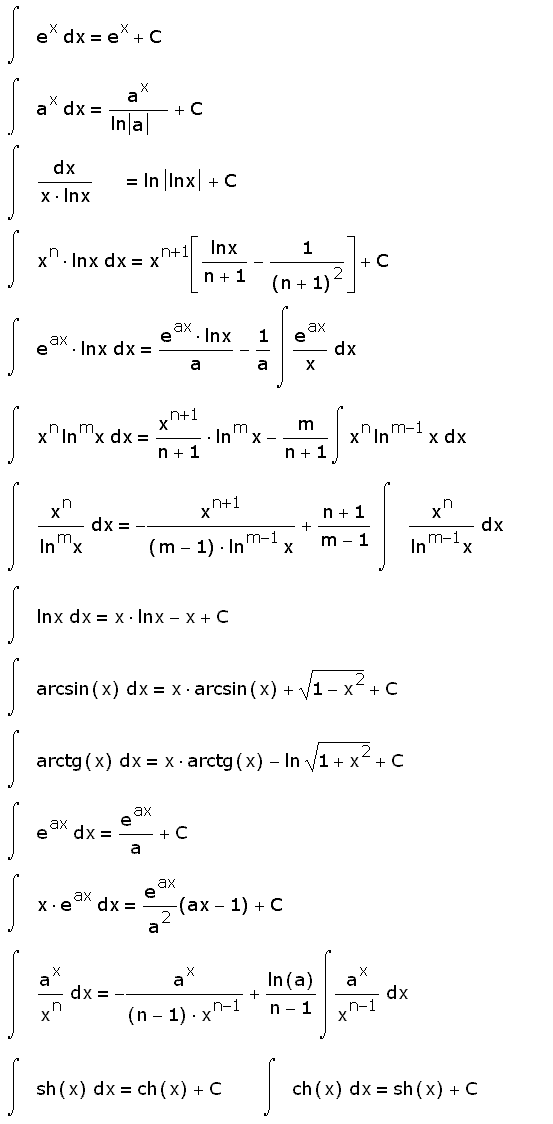
Polnaya Tablica Integralov Dlya Studentov
Kodi neispravnostej mersedes aktros. Stealth marketing jay abraham pdf downloads. Good: A book that has been read but is in good condition. Very minimal damage to the cover including scuff marks, but no holes or tears. The dust jacket for hard covers may not be included. Binding has minimal wear. The majority of pages are undamaged with minimal creasing or tearing, minimal pencil underlining of text, no highlighting of text, no writing in margins.
No missing pages. See the seller’s listing for full details and description of any imperfections. Year: 1965 Subject: Math Country/Region of Manufacture: Russian Federation Publication Year: 1965 Format: Paperback Language: Russian Educational Level: High School Product Type: Textbook ISBN: Does not apply.
Abstract Many are tempted to separate affective and moral dimensions of learning from cognitive dimensions. They argue that the cognitive and affective are obviously separate since many intelligent, well-educated people lack moral insight or sensitivity and many less intelligent, poorly educated, or uneducated people are morally good. By distinguishing “strong” and “weak” senses of the terms ‘critical thinking’, ‘moral integrity’, and ‘citizenship’ Richard Paul suggests a novel answer to this objection. Critical thinking, understood as skills alone separate from values, is often used to rationalize prejudice and vested interest. Moral integrity and responsible citizenship, understood merely as “good heartedness”, are themselves susceptible to manipulation by propaganda.

The human mind, whatever its conscious good will, is subject to powerful, self-deceptive, unconscious egocentricity of mind. The full development of each characteristic — critical thought, moral integrity, and responsible citizenship — in its strong sense requires and develops the others, in a parallel strong sense. The three are developed together only in an atmosphere, which encourages the intellectual virtues: intellectual courage, intellectual empathy, intellectual good faith or integrity, intellectual perseverance, intellectual fair-mindedness, and faith in reason. The intellectual virtues themselves are interdependent.
Basically, he stole the table of contents from Spanier's book and tried to write a text. I wish this was my first algebraic topology book, because it's full of exciting.
Educators and theorists tend to approach the affective and moral dimensions of education as they approach all other dimensions of learning, as compartmentalized domains, and as a collection of learning more or less separate from other learning. As a result, they view moral development as more or less independent of cognitive development. “And why not!” one might imagine the reply.
“Clearly there are highly educated, very intelligent people who habitually do evil and very simple, poorly-educated people who consistently do good. If moral development were so intimately connected to cognitive development, how could this be so?” In this paper, I provide the outlines of an answer to that objection by suggesting an intimate connection between critical thinking, moral integrity, and citizenship. Specifically, I distinguish a weak and a strong sense of each and hold that the strong sense ought to guide, not only our understanding of the nature of the educated person, but also our redesigning the curriculum. There is little to recommend schooling that does not foster what I call intellectual virtues. These virtues include intellectual empathy, intellectual perseverance, intellectual confidence in reason, and an intellectual sense of justice (fair-mindedness). Without these characteristics, intellectual development is circumscribed and distorted, a caricature of what it could and should be.